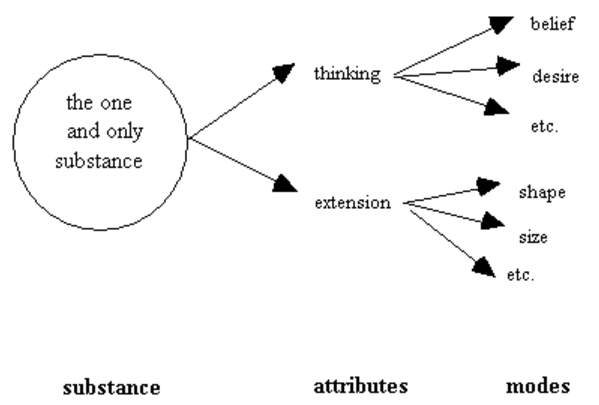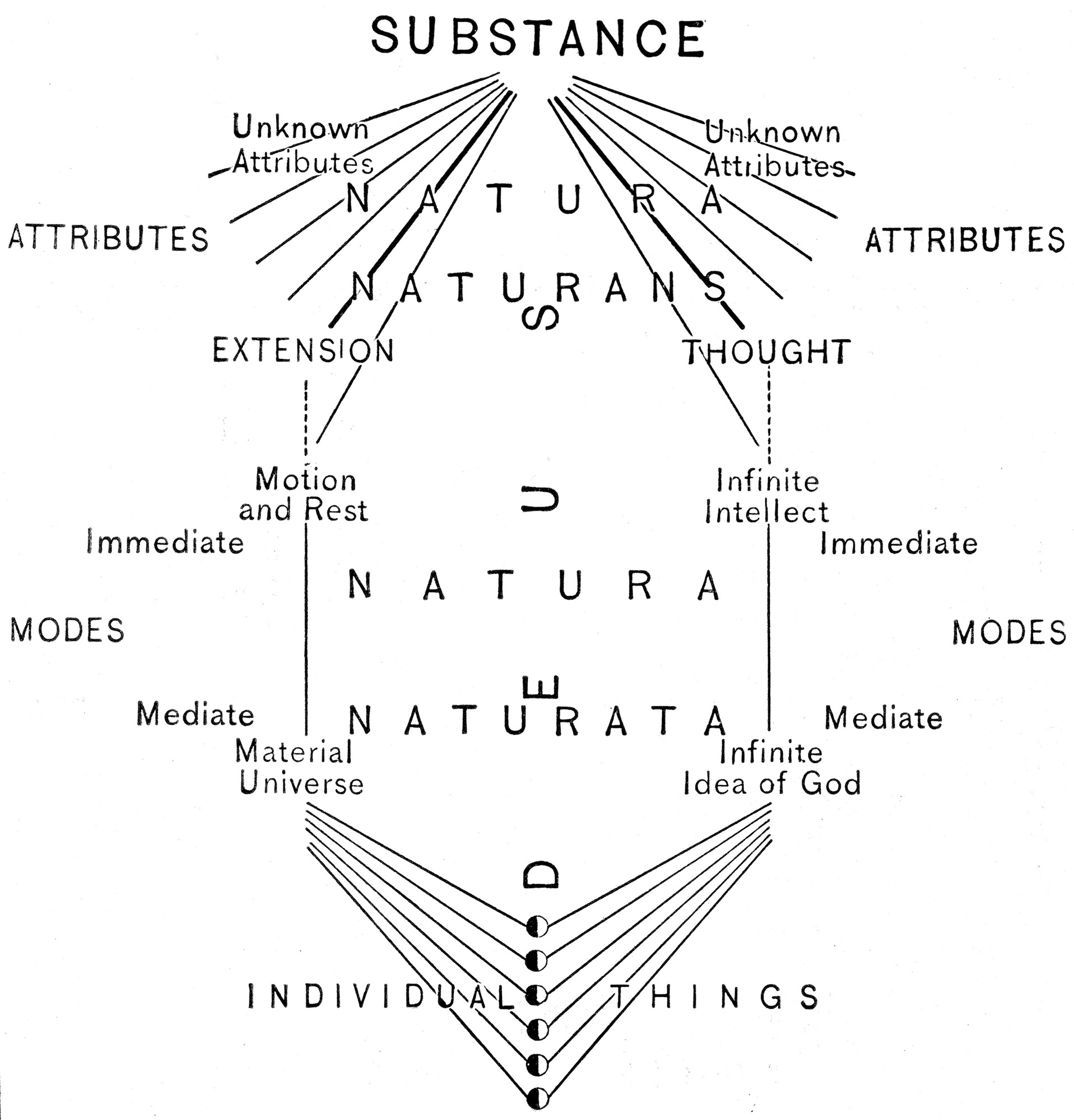metis
aged ecumenical anthropologist
Now metis, here's my mind. A killer might have compassion for those he killed, right? But that might not stop him beforehand from killing his enemy, or what is said to be his enemy by other forces considered superior. OK, don't want to get into a big argument about this now, metis, so once again I bid you good day and I look forward to the fulfillment of God's promises as outlined in the Bible, which I hope you do, too. Take care and thank you for your comments. May God bless you.
So, you think that Jesus was the only one who taught compassion for all? Sorry, but you are so very wrong.
And btw, Jesus did teach that those who did not accept him would deserve hell, and that's not "compassion for all".


